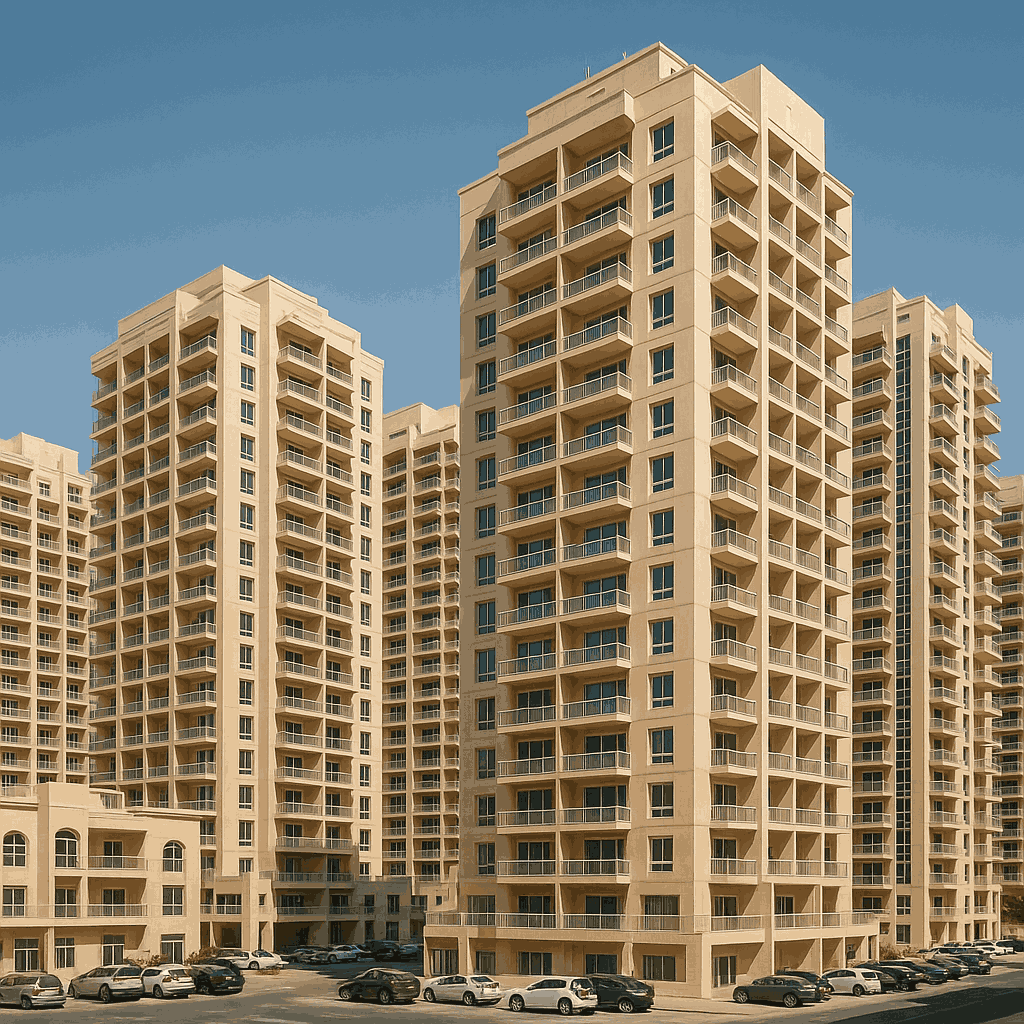
Key Takeaways:
-
Dubai average apartment rents hit AED 103,000 per year as of July 2025
-
Villa rents surged to AED 328,000, driven by demand in family communities
-
Downtown, Dubai Marina, and JVC among the top gainers
-
Supply bottlenecks persist despite strong handover pipeline
-
Tenants facing renewal hikes of 15–30% in prime areas
Market Rents Break Records in Mid-2025
Dubai’s rental market has reached its highest point in a decade, with average apartment and villa rents continuing their upward trajectory through July 2025. According to the latest data from property analytics platform DXB Interact, apartment rents have climbed 21.7% year-on-year, averaging AED 103,000 annually, while villa rents rose 19.6%, reaching AED 328,000 on average.
This marks a new post-pandemic high, surpassing even the 2014 market peak. The rental boom is being fuelled by strong population growth, ongoing visa reforms, and demand from remote workers, new residents, and returning expats.
Where Are Rents Rising Fastest?
Top Performing Areas – Apartments (YoY Rent Growth):
Top Performing Areas – Villas (YoY Rent Growth):
In newer areas like Dubai South, Town Square, and Damac Hills 2, rental growth remains positive but moderated due to increased supply and larger community footprints.
Supply Shortage and Population Pressure
Despite the handover of over 39,000 new residential units in H1 2025—mostly concentrated in MBR City, JVC, and Arjan—demand continues to outpace supply in central districts. Dubai’s population crossed 3.75 million in June 2025, and is projected to reach 4 million by late 2026, according to Dubai Statistics Center projections.
This ongoing urban inflow is putting upward pressure on rental rates, especially in ready-to-move-in, well-connected areas near schools, offices, and metro links.
Tenants Facing Steep Renewal Increases
RERA’s Rental Index continues to lag behind actual market rates, giving landlords the legal room to raise rents significantly on renewal. Many tenants in Downtown, Marina, and JVC are reporting rental hikes of 15–30% upon renewal, depending on when the last rent revision occurred.
This is causing many renters to either:
-
Relocate to outer districts such as Remraam, Dubai South, or International City, or
-
Enter negotiations or disputes through the Rental Dispute Settlement Centre to moderate excessive increases.
Investor Outlook: High Yields, But a Tighter Entry Point
The rental yield environment remains strong for investors:
-
Apartments: Net yields of 6.3% (avg), higher in JVC, Sports City, and IMPZ
-
Villas: Net yields of 4.7%, led by communities like The Villa, Mirdif, and Serena
However, the combination of high purchase prices and rental caps means that entry point matters more than ever. Off-plan investors are seeking lower-cost entry in Phase 2 areas of MBR City, Arjan, and Dubailand where possession is scheduled in 2026–27.
Stay ahead of Dubai’s dynamic rental market with expert insights and investor tools —
Subscribe to our newsletter and explore more at fäm Properties.